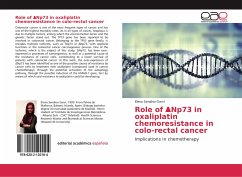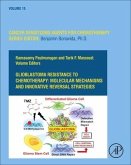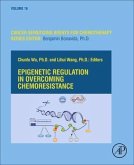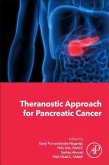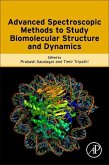Colorectal cancer is one of the most frequent types of cancer and has one of the highest mortality rates. As in all types of cancer, neoplasia is due to multiple factors, among which the environmental factor and the genetic factor stand out. The TP73 gene has been reported to be involved in colorectal cancer. Belonging to the TP53 gene family, it encodes multiple isoforms, such as TAp73 or DeltaNp73, with opposite functions in the colorectal cancer carcinogenesis process. One of the isoforms, which is the subject of this study, DeltaNp73, has been over-expressed in processes of tumorigenesis, as well as a potential cause of the resistance of cancer cells, contributing to a lower survival of patients with colorectal cancer. In this work, the over-expression of DeltaNp73 has been identified as one of the possible causes of resistance by cancer cells to treatment with oxaliplatin (compound used in cancer chemotherapy), through the potential activation of the autophagy pathway, through the possible induction of the HMGB-1 gene, fact by means of which said resistance to oxaliplatin could be developing.
Bitte wählen Sie Ihr Anliegen aus.
Rechnungen
Retourenschein anfordern
Bestellstatus
Storno

